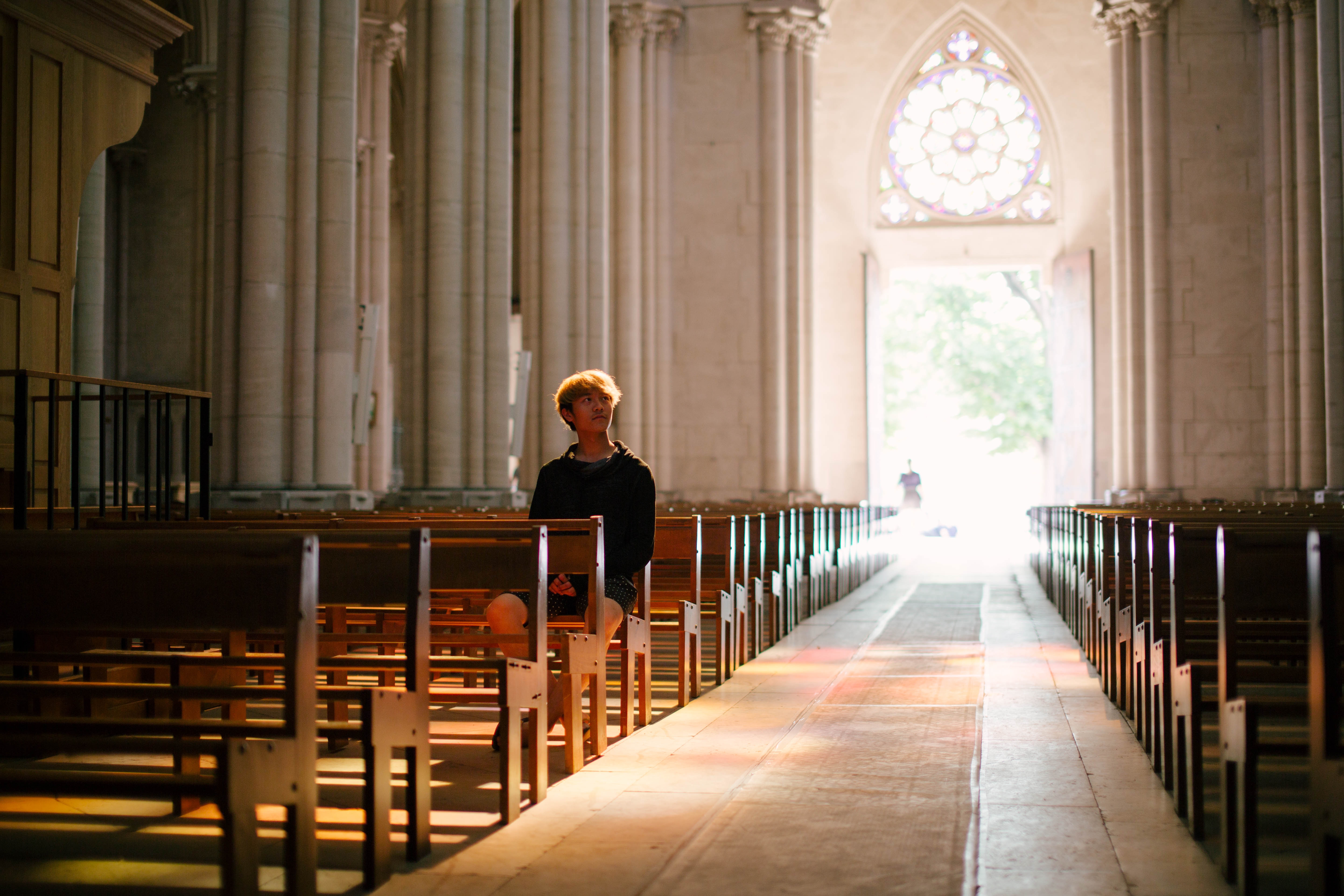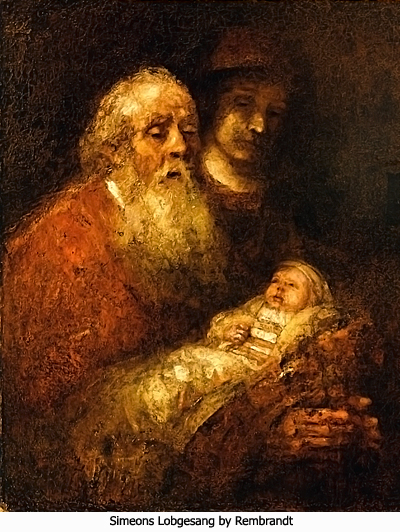Happy New Year! I begin this year with what became a significant part of my formation in Christ over the last few years. As the title suggests, this practice is called a “rule of life”. Many people find choosing one word for the year helpful, others choose practices or resolutions. This idea of a rule of life is ancient going back to monasteries and convents early in the life of the church. In recent years this practice has become for many an alternative to the typical New Year’s resolutions. If you want to see what’s out there on this subject, google it and you will find several sites and/or books on this. I wrote on this practice in January 2024 and have included a link to that post.
https://hamewith.org/2024/01/rule-of-life
Personally, it has been a rich encounter in prayer and dialogue with God and others. I am not good at setting what seem to be unrealistic goals or resolutions that by the end of January I am discouraged and end up setting the rules aside. I believe there is an actual name for that – called Quitters Day and it happens on the second Friday in January! The rule of life is a marker or signpost that takes me deeper into my Christian formation. Below are some very significant markers for me. Yours might be very different than these. But I encourage you to take this season and prayerfully consider where God might be leading you on this part of your journey.
Baptism

…that [I] may remain faithful to my baptism, living by it, making it always the source and the power of his life, a constant judgment, criterion, inspiration, “rule of life.”1
Photo by Ante Hamersmit on Unsplash
St Patrick’s Breastplate
I bind unto myself today
The strong name of the Trinity,
By invocation of the same,
The Three in One, and One in Three.
I bind this day to me forever,
By power of faith, Christ’s incarnation, (Christ with us and in us)
His baptism in the Jordan river, (his identification with us)
His death on the cross for my salvation; (forgiveness of sin)
His bursting from the spiced tomb; (new life)
His riding up the heavenly way; (taking us with him into heaven)
His coming at the day of doom; (his glorious return)
I bind unto myself today.
Calling
My calling in this season of life is to share the wisdom God has carved out of me (carved into me) through His sanctifying work – whether in joy or sorrow, suffering or peace, absence or presence.
By identifying my calling in this season of life, I believe it provides a great signpost not only to my intentions but to the decisions I will make about how I spend my time, and my resources.
I have wavered on this calling so many times just in the last few years and have often believed I should stop doing something that’s so hard and makes me feel vulnerable. I had prayed about this many times and after a time of prayer with some very encouraging friends I went back to the Lord and this is what I heard in response to my cry! I will say, that I was very unsure about including this, because it is so personal and I feel very vulnerable sharing it. But I do so as an encouragement that God does speak to us when we have doubts or feel shame about what He is calling us to do.
Little one, I am not asking you to be special or profound – but to look at your life – all the crooked ways made straight by My grace and power. Dig deep and there you will find living water. Even the scent of water is enough to share. I am not asking you to share what I have done in someone else’s life. It’s your story that you’ve been given to share. Word from 10/29/23.
Prayer
(from last year’s post on rule of life, which I still find meaningful today.)
Give me a grace that precedes, follows, guides,
sustains, sanctifies, aids every hour,
that I may not be one moment apart from thee,
but may rely on thy Spirit to supply every thought,
speak in every word, direct every step,
prosper every work, build up every mote of faith,
and give me a desire to show forth thy praise;
testify thy love, advance thy kingdom.
I launch my bark on the unknown waters of this year, with
thee, O Father, as my harbor,
thee, O Son, at my helm,
thee, O Holy Spirit, filling my sails.
The Valley of Vision (a compilation of Puritan Prayers), Arthur Bennett.
My rule of life came out of dialogue not only with God, but also out of dialogue with my own soul and what I needed most. And if these things I’ve included in my rule of life are meant to characterize my life I must find ways that help me live that out. I’m allergic to the word resolutions (especially this time of year!) but they can help engage our wills as we seek to live out our desires. While I haven’t specifically included this in my rule of life, I have been convicted about how I love (more specifically how I don’t love) others in the holy and honorable way they deserve to be loved. For a talk I gave several years ago I put together a set of life together resolutions – and I realize how much that can help move me from “I would like to love better,” to actually finding concrete and specific ways to do so.
This will take you to the post on “life together resolutions.” https://hamewith.org/2025/01/life-together-resolutions/
When I take Schmemann’s statement on baptism to heart, I hope it’s clear that I am not literally referring to my own baptism. Even though I was an adult, I have no clear memories of that time. That saddens me. I had only been a Christian a short time and it happened in a lake on my college campus. But our baptisms, (remembered or not!) picture so completely our formation in Christ.
Living out our baptisms was the way Leanne Payne talked about wholeness in Christ. It means as Peter says in 1 Peter 2:24 – “He himself bore our sins on the tree, that we might die to sin and live to righteousness.” Each day I believe we have the opportunity to die to self and sin, confess it, receive His forgiveness and grace and rise up as one who has been given the fullness of life! We know as Paul said in Galatians 2:20 – “It is no longer I who live, but Christ who lives in me. The inexorable hope of glory!
This version of St Patrick’s Breastplate is meaningful to me because it tracks the whole life of Christ and thus the whole life of the church as we live out the significant acts of His life. “I bind…” – I don’t just affirm, I don’t just agree… I take this truth to heart. The image I have is of Odysseus tying himself to the mast of the ship that he might not yield to the temptation of the sirens.
When we mark and honor all that happened in the life of Christ every aspect becomes a part of our daily confession. For those who follow the Orthodox tradition , “the focus is on a Person (Christ) and the life He lived – the arc of Christ’s life beginning with his taking on human nature, his birth, his growing up, his ministry and his teachings, his death on the Cross, his third day resurrection, his ascension into heaven, his sending the Holy Spirit, and his glorious Second Coming. ” 1
So, as often as I pray this version of this part of St Patrick’s prayer – I can see myself – tying myself to the mast of Christ’s work on my behalf – all of it. As I do that, in much the same way it helped Odysseus, I am strengthened to face the temptations and trials of this life.
Lastly, as I regularly review my rule of life in prayer – I am made more aware of my need to find spiritual practices that give me “boots on the ground.” I must align what I do with what I feel God calling me to do. So it impacts how I spend my time, my resources, my body, mind, soul and spirit! But how well I engage with the spiritual practices I feel called to is not the goal -simply part of the means to living out what God has led me to in my rule of life. Some of those practices include confession of sin (I have two lovely partners who help me with this!), lectio divina (sacred reading), study of the Scriptures, and of course prayer. There are other practices I might be called to in particularly difficult times.
I’ll end with what I wrote at the end of the post on rule of life that I wrote in January of last year.
May it start in us through the song God has sung over us through all our days. May it spring from a place of hunger, and a desire for transformation that can only result in our becoming like Him. May we be resolute in casting off any hindrance, any sin, any relationship that inhibits His sanctifying work in us. May we live out our baptisms every day. From the moment we wake up to the moment we fall asleep may we remember to take our place in His death and in His resurrection – through prayer, through confession, through practicing His presence, through virtue, and through love.
1 Alexander Schmemann, Of Water and the Spirit.
2 Robert Arakaki https://orthodoxbridge.com/2014/03/11/taking-the-incarnation-seriously
Feature image – Photo by Reuben Hustler on Unsplash









